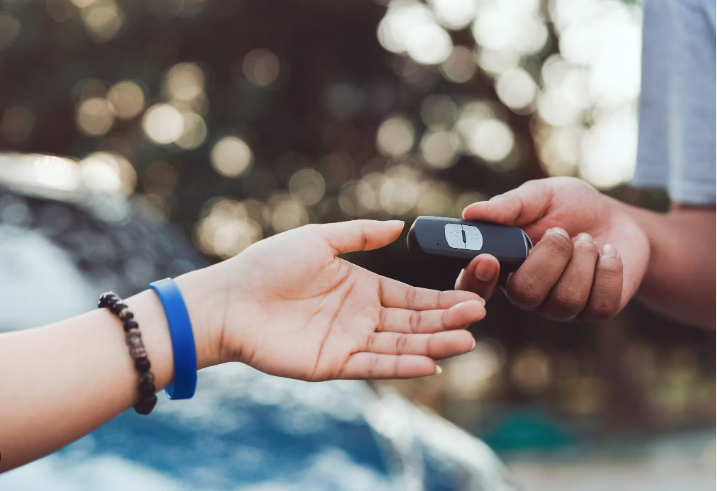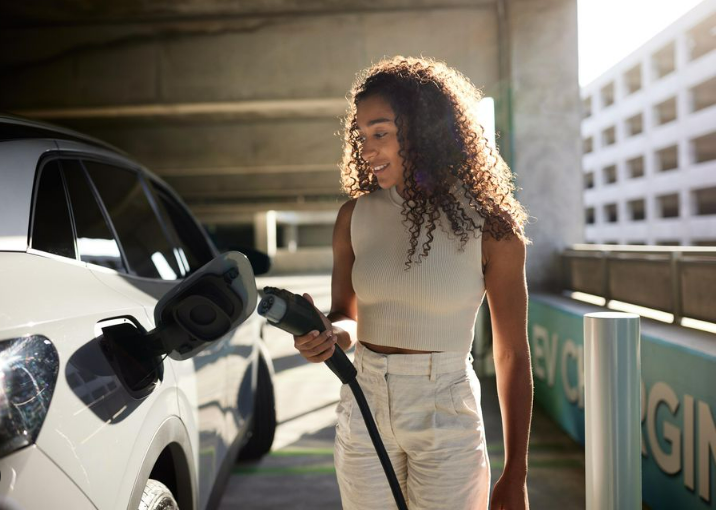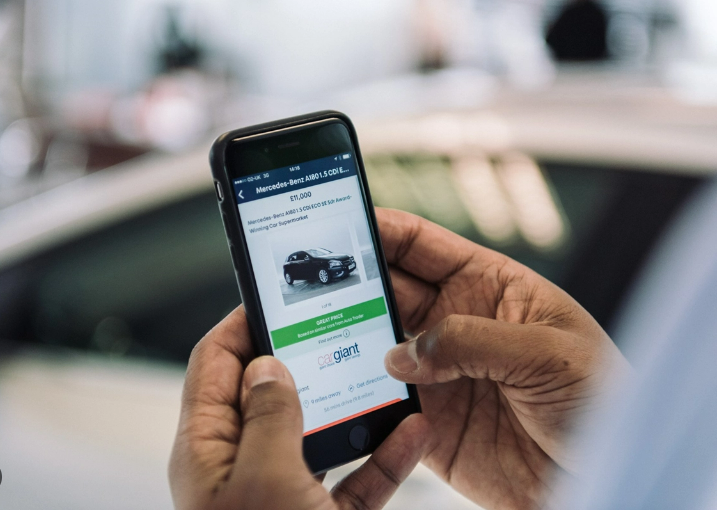Tips for Buying a Car from a Private Seller

Looking to purchase a new car? This guide will walk you through the process of buying a car from a private seller. While Chase doesn’t provide private party auto loans, we’ll help you understand the steps involved in buying from a private seller to decide if it’s the right choice for you.
How to buy a car from a private seller
To start buying a car from a private seller, begin by researching vehicles that suit your needs and lifestyle. Determine your budget—knowing how much you can afford and whether you’ll need financing. Private sellers typically don’t offer financing, so securing a loan may be necessary unless you plan to pay upfront in cash. It’s wise to sort out your payment method before settling on a specific car.
Once you’ve narrowed down your choices, contact the seller to inquire about the car’s history. Ask about any accidents and its usage—whether it was primarily for work or occasional leisure. Also, find out why they’re selling it and request a vehicle history report to check for reported accidents.
Arrange to meet the seller in a public place for a test drive and inspection. Take your time examining the vehicle thoroughly; private sellers may not always disclose every detail. Rushing into a purchase leaves little room for recourse later if issues arise.
Inspect both the interior and exterior for rust and check the tire tread. Look for upholstery tears and inspect the body for dents or scratches. Turn on the car to test electronics, radio, lights, and locks. Ask about the battery’s age and look for signs of rust.
During the test drive, pay attention to the vehicle’s performance. Listen for unusual noises that could signal engine or transmission problems. Evaluate the steering—difficulty keeping the car straight might indicate alignment issues.
Things to consider when buying a car from a private seller
Private sellers operate with less oversight compared to car dealerships, placing the responsibility on you to identify potential issues. When purchasing from a private seller, ensure they are the legal owner of the car by checking the title—their name should be listed. If a bank or financing company is listed as the owner, it indicates the seller has outstanding payments and may not have the right to sell the vehicle.
If the seller claims ownership despite the title indicating otherwise, request proof such as a lien payoff document. Remember, private sellers sell cars in their spare time, which can make them more flexible on price, but they cannot offer financing. You’ll need to pay in full upfront or arrange financing through a bank, which could be an auto loan or personal loan. Not all financial institutions offer loans for private sales, so it’s wise to check beforehand.
Unlike purchases from dealerships, transactions with private sellers typically do not offer a cooling-off period once the deal is finalized. Additionally, private sales are generally not covered by lemon laws, which protect consumers from defective vehicles. These laws vary by state and often apply mainly to new car purchases from dealerships.
Pros and cons of buying from a private seller

Now that you’ve learned the process of buying a car from a private seller, it’s important to weigh whether it’s the right choice for you. Consumer preferences vary, making it difficult to determine a universally superior car-buying option. Therefore, evaluating the pros and cons of purchasing from a private seller can help guide your decision.
Pros of buying from a private seller
- Cost savings: Private sellers typically offer lower prices compared to dealerships, which have higher overhead costs.
- No pressure to upsell: Unlike dealerships that often push for additional features and upgrades, private sellers generally don’t engage in aggressive sales tactics.
- Equal bargaining power: Private sellers are usually less experienced negotiators than dealership salespeople, giving you a more level playing field to negotiate a favorable deal.
Cons of buying from a private seller
- Lack of warranty: Most private sellers cannot provide warranties, which may deter buyers concerned about potential mechanical issues. Check for any existing warranties on newer cars and their transferability.
- Increased paperwork: When purchasing from a private seller, you’re responsible for handling title and registration with your state’s motor vehicles department, unlike dealerships that typically manage these tasks.
- Buyer beware: Dealing with a stranger carries risks such as potential scams or misrepresentations. Unlike dealerships bound by consumer protection laws, private sellers may pose challenges if issues arise post-purchase.



